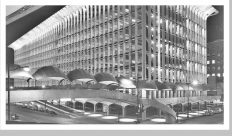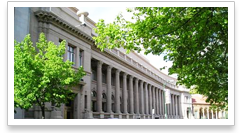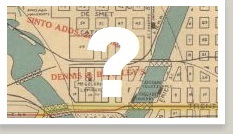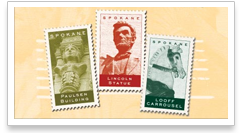National Register of Historic Places
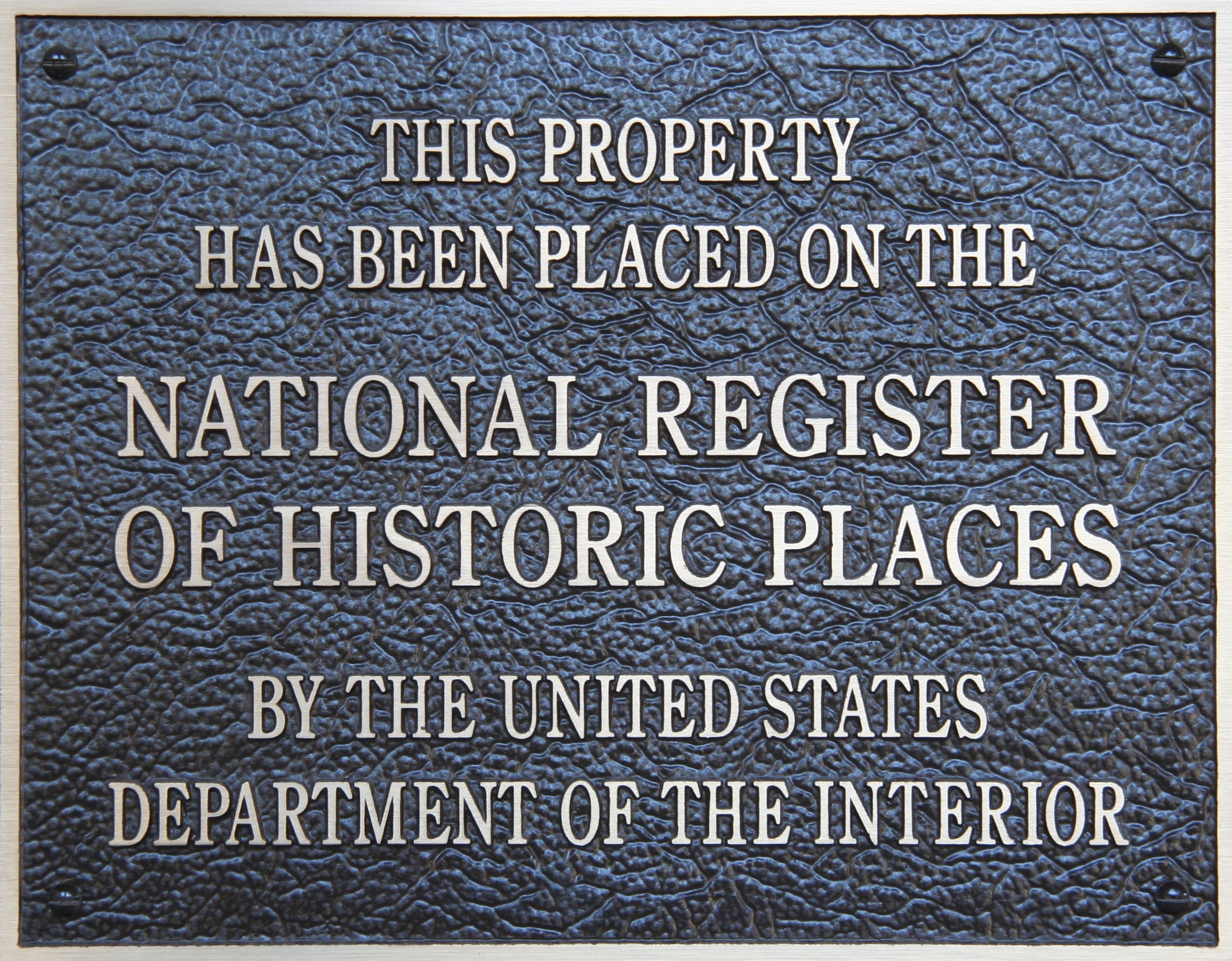 The National Register of Historic Places serves as the Federal government’s official list of those properties deemed worthy of preservation. Listing on the National Register is primarily a tool to encourage preservation, recognition, and rehabilitation of our national landmarks. It is a strong reminder that the preservation and re-use of historic properties may also be economically feasible.
The National Register of Historic Places serves as the Federal government’s official list of those properties deemed worthy of preservation. Listing on the National Register is primarily a tool to encourage preservation, recognition, and rehabilitation of our national landmarks. It is a strong reminder that the preservation and re-use of historic properties may also be economically feasible.
There are over 100 properties in Spokane that are listed on the National Register of Historic Places, often in concurrence with listing on the Spokane Register.
Visit the National Parks Service website to learn about how to nominate a property to the National Register of Historic Places
Benefits of listing on the National Register
While local tax incentives may only be available to properties listed on the Spokane Register of Historic Places, there are several Federal incentives available for individually listed National Register landmarks and contributing structures of historic districts. These include:
- Eligibility to apply for Federal planning and renovation grants, when funds are available (not generally available to private parties – occasionally grants are available to non-profits or government organizations)
- Commercial, income-producing properties are eligible for Federal Historic Tax Credits for approved rehabilitation (not available for homeowners)
- Assurance that the property will not be reviewed prior to being altered or demolished by federally funded or licensed projects
- Recognition in national publications and listings and display of a bronze National Register plaque.
Listing on the National Register is less restrictive than listing on the Spokane Register
The National Register does not require the owner to preserve or maintain the property. Unless the owner applies for and accepts special Federal benefits, he or she can do anything with the property that he or she wishes, so long as it is permitted by state and local law.
The National Register does not guarantee preservation of the property. The owner is not required to preserve the property, nor is the property protected from the effects of state and local projects, unless Federal funding or licensing is involved (Section 106 of the National Historic Preservation Act of 1966).
The National Register does not block even federally funded or licensed projects when these are desired by the owner and shown to be in the public interest. Procedures do require careful consideration of federally funded or licensed projects which call for alteration or demolition of National Register properties, before the license is issued or funds released.
In Spokane, contributing properties in National Register Historic Districts are subject to a Certificate of Appropriateness for demolition. If demolition of a contributing property within a National Register Historic District proceeds, any replacement structure must be approved by the Spokane Historic Landmarks Commission prior to the issuance of a demolition permit (Section 17D.100.230).
To learn more about the National Register of Historic Places and what it means for property owners, click here.
